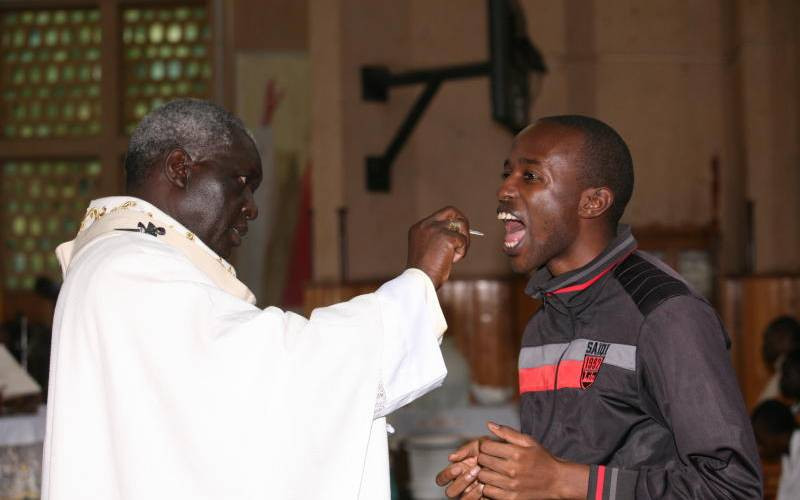
The 2024 Easter Season is a miserable one for the eight billion people on Earth. Things are going wrong almost everywhere as oversize egos overrun common sense. Leaders abuse state and religious offices, terrorise citizens, and still talk of law and order. Arising misery is pronounced in the Horn of Africa, Gaza, Ukraine, and Haiti during this year's annual religious ritual.
The ritual, about 3200 years old, started in Egypt with one 'Moses' causing Egyptian firstborn baby boys to die. Since the spirit of death, around 1200 BCE, 'passed' over selected houses, the memories of that 'saving' became a Jewish annual religious ritual to remember escape from Egypt. It was later linked to gross injustice involving a religious revolutionary named Jesus, who disrupted the entrenched trading interests of existing religious authorities in a Jerusalem temple.